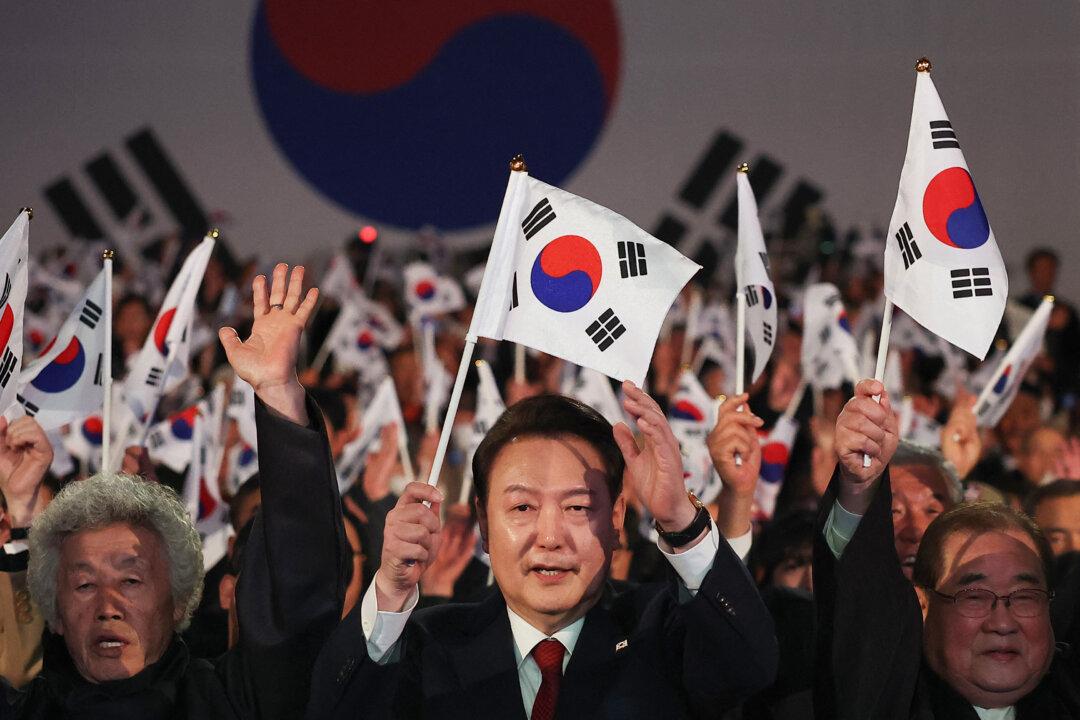Ahead of South Korea’s parliamentary elections, the political arena is witnessing heightened tensions, underscored by President Yoon Suk Yeol’s administration’s rivalry with the dominant opposition party. The focal point of the contention is the recent Beijing-friendly statements made by the opposition leader, sparking a heated debate over South Korea’s stance on China.
The forthcoming 22nd parliamentary elections, scheduled for April 10, are anticipated to be a pivotal moment, potentially reshaping the legislative landscape and influencing the Yoon administration’s governance strategy.






